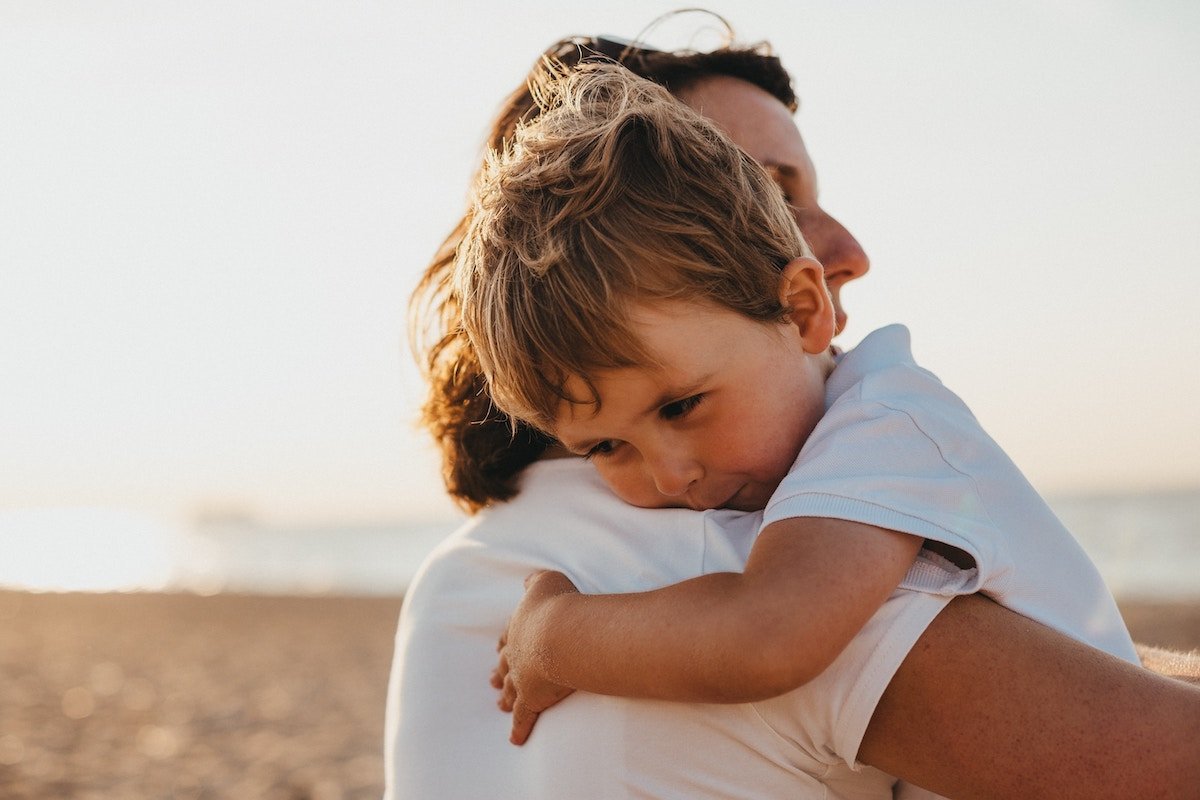SPACE… the Final Frontier
What is SPACE?
Supportive Parenting for Anxious Childhood Emotions (SPACE) is a short-term (roughly 12 sessions) caregiver-based treatment program for children and adolescents with anxiety and OCD. The goal is to treat the child's anxiety and the ability to manage it. This program focuses on the caregiver's accommodations to the child's anxiety, so this is ideal for children and teens that may be resistant to therapy.
Why SPACE?
The great news is SPACE is effective! Not only has SPACE been found to be just as effective as the gold standard treatment for anxiety which is Cognitive Behavior Therapy (CBT), it has also been found to reduce overall family stress and it can help anxiety disorders go into remission (Lebowitz et al., 2019). For an explanation on CBT and other anxiety treatments, check out this blog.
When using CBT, the child often learns how worry works, how to relax their body, how to use their thoughts to cope with worry, and finally how to practice bravery to overcome worry. For some kids, this is an incredibly effective treatment.
What happens if the child does not want to go to therapy?
What happens if it’s really difficult for this child to practice bravery?
What happens if only working with the child doesn’t create the change you want to see?
What happens if your child is too young to engage in CBT?
SPACE IS AN INCREDIBLE OPTION FOR HELPING TO INCREASE KIDS’ ABILITY TO COPE WITH WORRY WITHOUT THEM HAVING TO DO A SINGLE THING.
SPACE utilizes caregivers to help children better manage their anxiety and prepare for future stressors they may face. To do this, we work on increasing appropriate caregiver support and decreasing caregiver accommodation. In the words of Eli Lebowitz, "We might consider our role as parents not to be able to reduce the pain our children must live through, but to help them learn how to suffer less."
What is anxiety?
In SPACE, we learn how anxiety works including the thoughts, feelings, and actions that contribute to it. We also introduce the role of caregivers in maintaining worry patterns. When a child is scared, they often go to their parents for comfort. This is natural and normal. We love this! However, for kids with anxiety, this can lead to an overreliance on the caregiver because the child never gets to practice bravery on their own.
For example, if your child has separation anxiety, you may answer calls or texts from them many times throughout the night. Next time, you may stay home from date night because it’s hard for them to be with the babysitter. The child will likely be less distressed in the short term, however their worry will likely increase in the long term because they did not get to learn how to tolerate their worry. We call these actions like answering those frequent calls or staying home from date night accommodations.
What are accommodations?
Accommodations are a natural part of parenting. As parents, we do not like watching our children struggle, so we accommodate. When parents accommodate a child's worry, the child is more likely to ask for that accommodation again next time. This can lead to a cycle that actually increases worry over time. One accommodation leads to another and another and another. This cycle actually reinforces the anxiety and creates a narrative for the child that they cannot overcome these struggles without outside assistance.
Now I am going to throw you for a loop because not all accommodations are unhelpful. We might hold our young child’s hand while they cross the street because we are keeping them out of danger, which at this age is developmentally appropriate. However, if we are still holding our child’s hand when they are 16 because they cannot walk across the street without us, then that is an example of an unhelpful accommodation.
The first step is taking a look at the unhelpful accommodations the caregivers might be executing and picking one that you would like to target. We would not address all of them at once because that would be overwhelming for both the caregivers and the child. Developing a plan to address the accommodation, discussing it with your child, and support during the implementation phase are all components of the SPACE program.
If you want to read more about SPACE, I recommend reading Breaking Free Of Childhood Anxiety & OCD by Eli Lebowitz. And of course, if you are interested in working with a counselor trained in SPACE, please get in touch via the button below.
References:
Lebowitz, E. R., Marin, C., Martino, A., Shimsoni, Y., & Silverman, W. K. (2019). Parent-based treatment as efficacious as cognitive-behavioral therapy for childhood anxiety: A randomized noninferiority study of supportive parenting for anxious children. Journal of American Academy of Child & Adolescent Psychiatry, Advance online publication.
Lebowitz, E. R., Omer, H. (2013). Treating childhood and adolescent anxiety: a guide for caregivers. Wiley.
Interested in booking a session with Kaylyn or Leah?
WRITTEN BY KAYLYN EVANS, MA, LPC , RPT™, NCC (SHE/HER/HERS)
Kaylyn Evans is a Licensed Professional Counselor Associate (LPC) and Nationally Certified Counselor (NCC). She earned her Bachelor’s Degree at Southwestern University in Biology and Psychology and her Master’s Degree in Professional Counseling at Texas State University. Kaylyn’s goal is to provide trauma-informed, attachment-based, anti-racist, and LGBTQIA+ affirming counseling at all times. Kaylyn has experience working with children, adolescents, and families in a variety of settings including elementary school and community agencies.
WRITTEN BY LEAH GILBERT, MED, LPC-S, NCC, CLINICAL DIRECTOR (SHE/HER/HERS)
Leah Gilbert is a Licensed Professional Counselor Supervisor (LPC-S) and National Certified Counselor (NCC). She received her Master’s Degree in Counseling from the University of North Texas (CACREP Accredited Program) and a Bachelor’s Degree from the University of Texas at Arlington in Interdisciplinary Studies. Leah is currently working towards her Registered Play Therapist™ (RPT™) credential.




